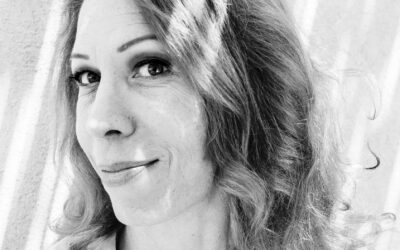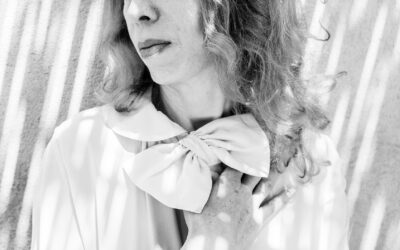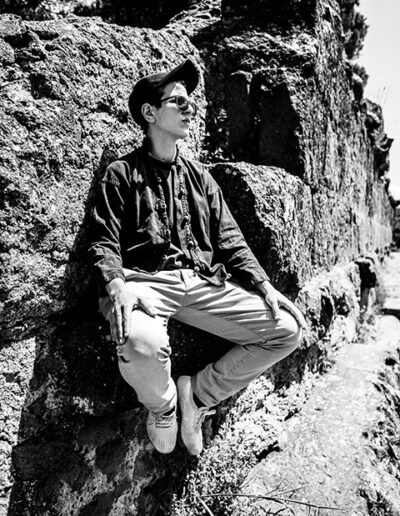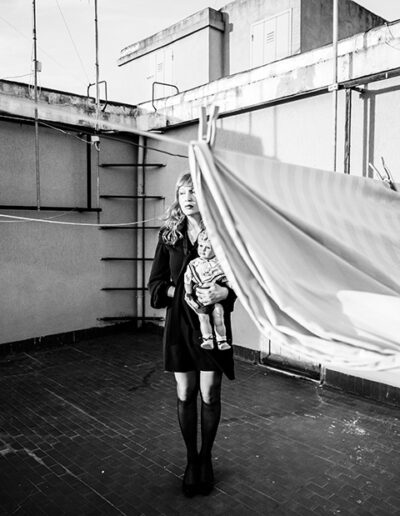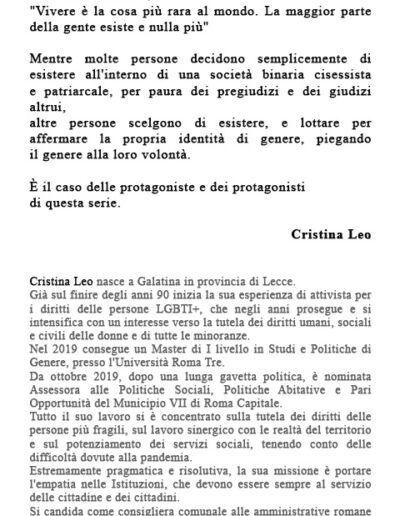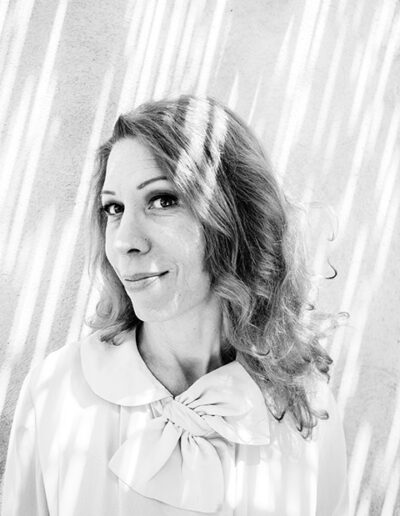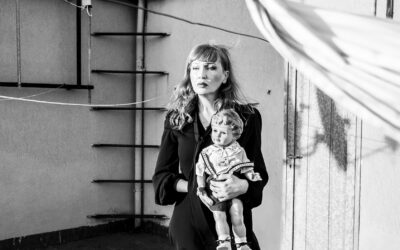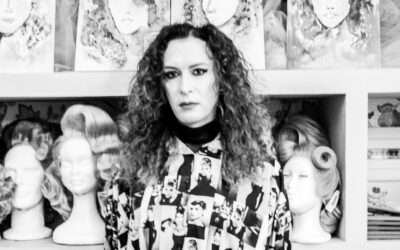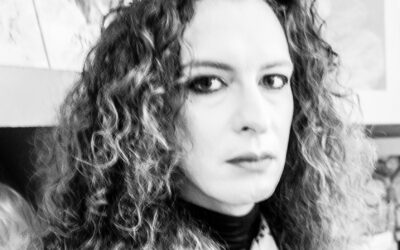Manifesto
Quadrimestrale del Teatro Biblioteca Quarticciologiugno / settembre 2021
Chiara Lagani (Fanny&Alexander), Arcane forze manifeste
Alternative Disability Quality Artists, “un Al Di Qua e un Al Di Là”
Asinitas onlus, Più lento, più profondo, più dolce. Un manifesto asinino per l’intercultura
Porpora Marcasciano (MIT – Movimento Identità Trans), Gender Variant
Lucio Leoni e Filippo Rea, Per una nuova educazione musicale

Editoriale
Valentina Valentini
Un Manifesto è motore di desideri di cambiamento si scrive un Manifesto perché si desidera affermare un diritto, una idea, una visione del mondo: per indicare una prospettiva verso cui tendere un Manifesto è per qualcosa ed è contro qualcosa il Manifesto è agit prop...
Per una comunità educante al Quarticciolo
Comunità Educante Quarticciolo
“Per liberarsi non basta fuggire bisogna insieme costruire una terra senza padroni né brutti né buoni. Una terra felice ed onesta dove nessuno ha fili in testa. Se questa terra non c’è la faremo io e te!”. Gianni Rodari Vogliamo fare un patto educativo di...
L’arte non è un campo innocente
Il campo innocente
L’arte non è un campo innocente. In questo periodo stai lavorando? Sei in lotta? Riesci a fare entrambe le cose, o una esclude l’altra? Cosa ti incendia? Cosa ti dà respiro? Esistono rapporti di lavoro simmetrici all’interno del variegato mondo della produzione...
Le due immagini
Paolo Emilio Cenciarelli
Il doppio è un concetto presente, inteso come il raddoppiarsi di una realtà. Non è un pensiero del moltiplicarsi, differentemente, non essendo esponenziale, rimane un moto più intimo. Le due facce intese non come alternative l’una all’altra, ma come pluralità di...
Arcane forze manifeste
Chiara Lagani (Fanny&Alexander)
Chiara Lagani, attrice e drammaturga, scrive i testi originali degli spettacoli del gruppo Fanny & Alexander, con base a Ravenna e attivo in Italia ed Europa. Il gruppo, fondato da lei e da Luigi De Angelis nel 1992, gestisce attualmente a Ravenna gli ex-magazzini...
“un Al Di Qua e un Al Di Là”
Alternative Disability Quality Artists
“Esiste un muro” abbiamo dichiarato “e quindi esistono un Al Di Qua e un Al Di Là”. Nell’Al Di Qua eravamo monadi solitarie ma ci siamo riunite, abbiamo dato nuovi nomi alle cose, ci alleniamo collettivamente ad essere forza eterogenea e compatta. Cerchiamo insenature...
Più lento, più profondo, più dolce. Un manifesto asinino per l’intercultura
Asinitas onlus
Intercultura E’ una specie di parolaccia, nata per creare un buco e poi provare a farci sopra un ponte di fragili assicelle. Una parola che ognuno la capisce come gli pare, indossando un sari sopra le scarpe da ginnastica, mangiando dal cinese, ascoltando musica...
Gender Variant
Porpora Marcasciano (MIT - Movimento Identità Trans)
Tralasciando il caleidoscopico significato dell’identità, nel presente manifesto proviamo a concentrarci sull’identità di genere, ricercando il suo senso e significato compresi tutti i suoi riflessi sulla cultura e sull’individuo. L’esperienza transessuale o...
Per una nuova educazione musicale
Lucio Leoni e Filippo Rea
Il senso profondo del fare musica non è esibirsi per l’applauso, il cachet o la gloria (anche, certo), ma è imparare a respirare con l’altro, imparare a stare in quel silenzio che precede e segue ogni fatto musicale, insieme e in ascolto. Stiamo imparando una volta...
Grazie agli autori dei testi che hanno contribuito a realizzare questo Numero 2; a chi ha tradotto in inglese e a chi ha revisionato; a Lorenzo Giansante per la realizzazione del sito; ad Andrea Vendetti per la realizzazione della testata; a Paolo Emilio Cenciarelli per aver realizzato per noi il servizio fotografico; al team della redazione.

